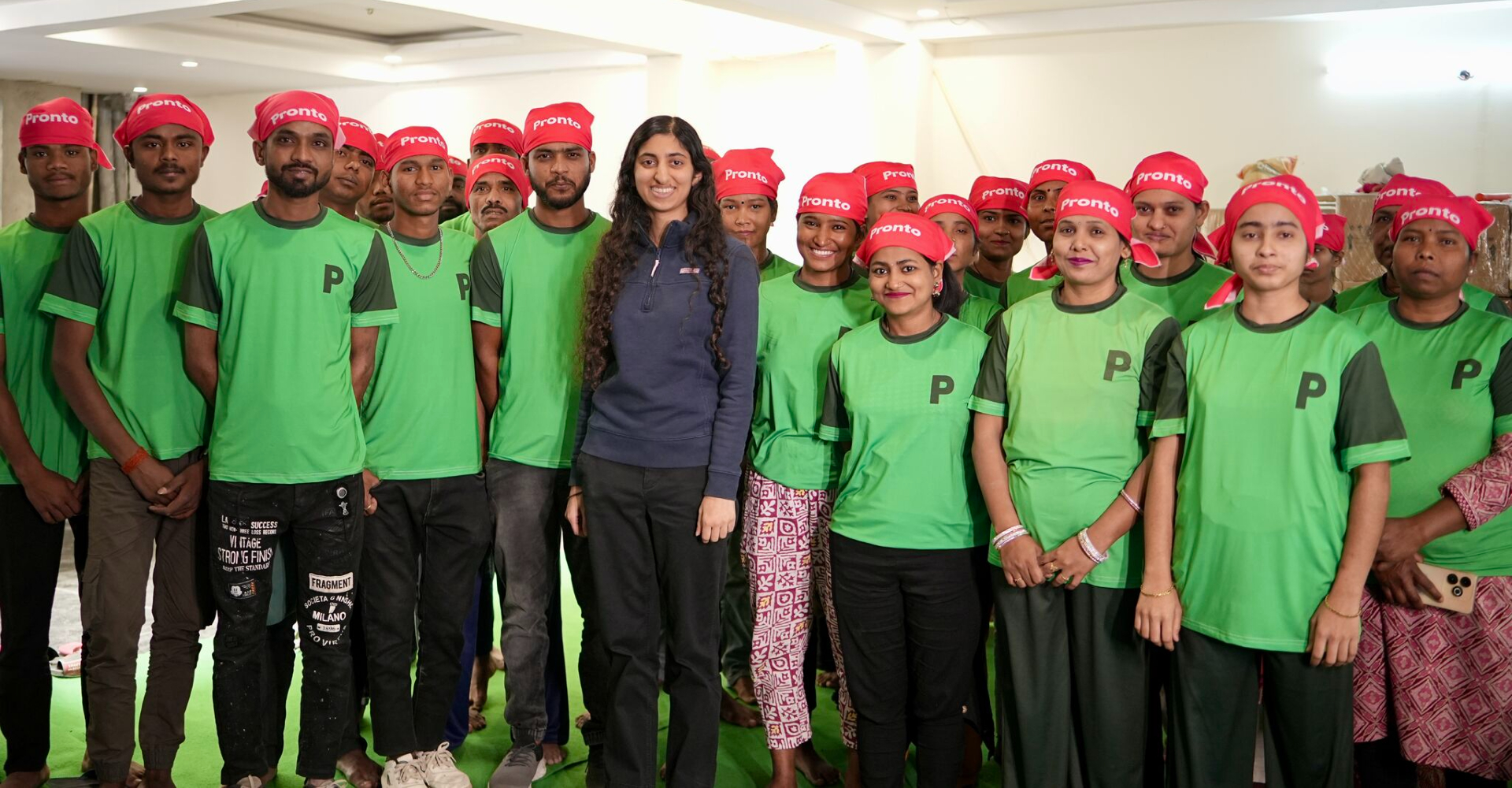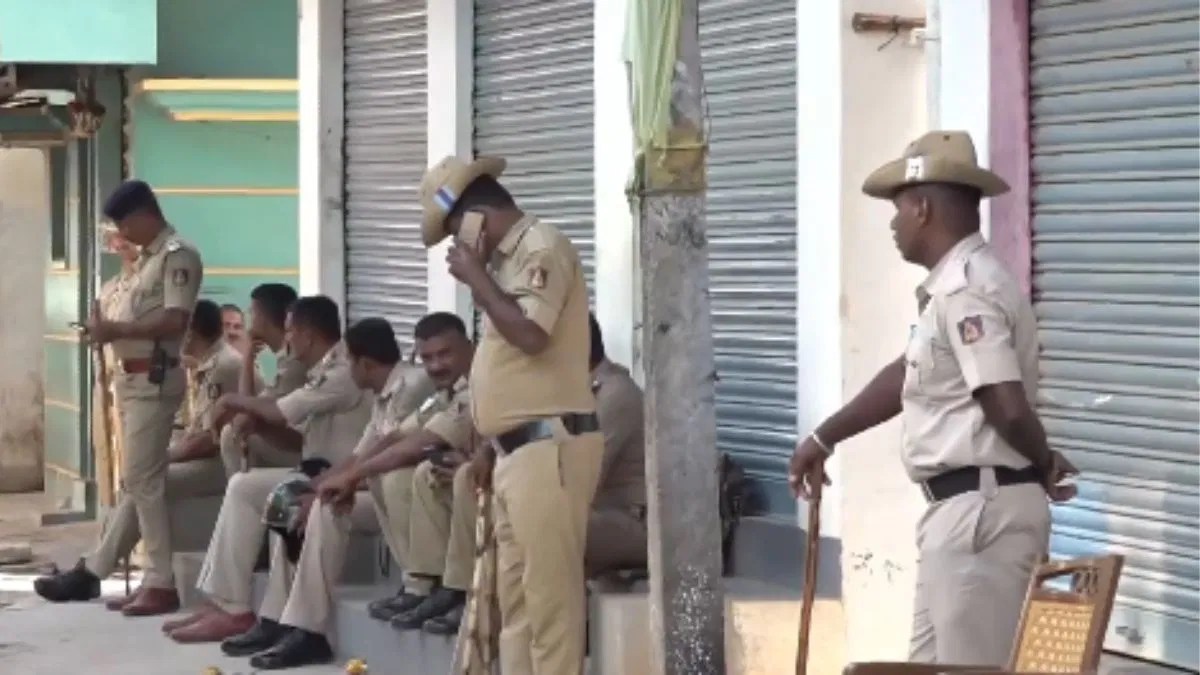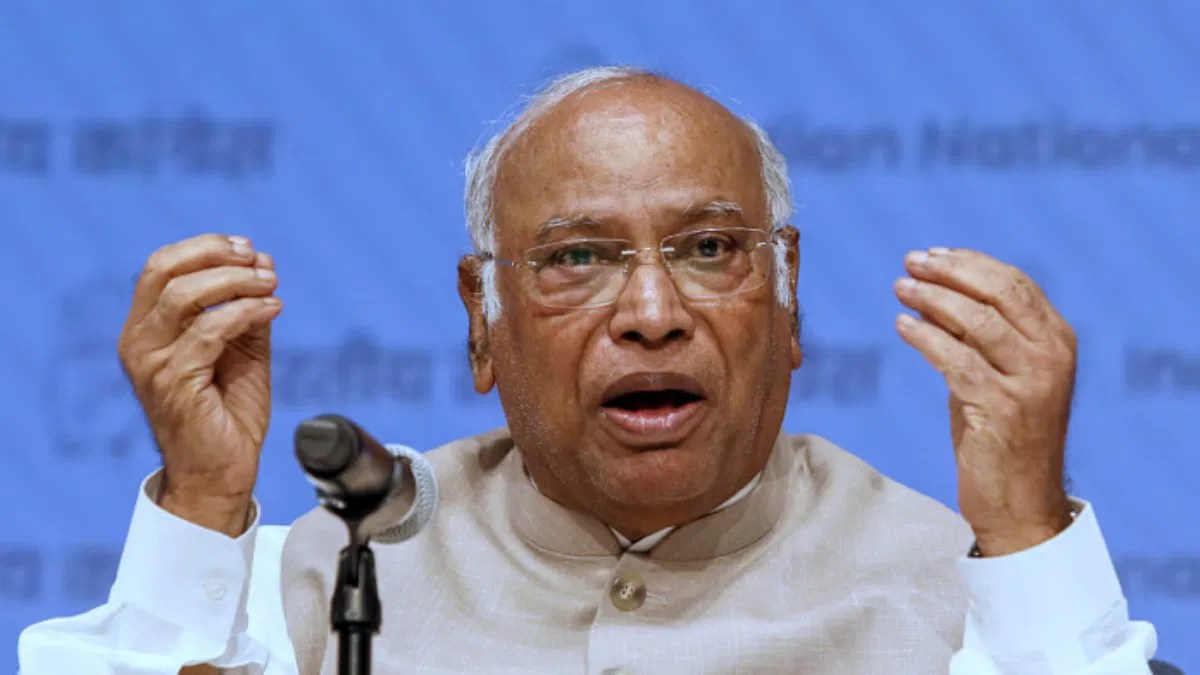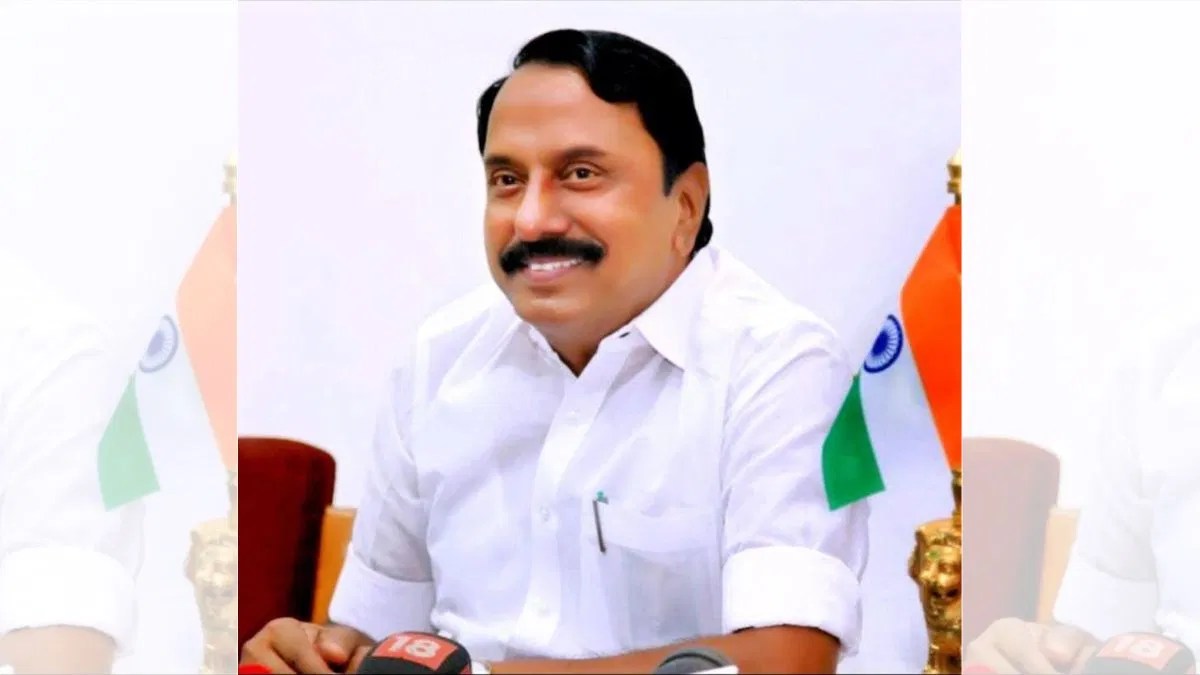Why a report by Stalin-appointed panel on state autonomy could set off recent Centre-TN faceoff
Chennai: A high-level fee arrange by the Tamil Nadu authorities to assessment the Centre-state relations is getting ready suggestions that would curb the discretionary powers of governors and revisit constitutional amendments which have diluted state autonomy since 1950, a panel member informed ThePrint.
Prof M. Naganathan, one of many three members of the panel headed by retired Supreme Courtroom choose Kurian Joseph, mentioned the panel was finalising its suggestions and anticipated to submit an interim report in January 2026, months earlier than the state elections.
“We’ve analysed each side of the Union-state relationship. We’ve additionally completely analysed the position of governors and the powers of the publish. We additionally plan to advocate procedures for constitutional amendments. As a result of, by means of the constitutional modification, quite a lot of powers of the states have been taken over by the Union authorities,” he informed ThePrint.
The committee is specializing in what it calls the “misuse” of the governor’s publish within the opposition-ruled states and reviewing the 2010 Punchhi Fee’s report, which beneficial stricter norms for governor appointments and their powers.
Relations between state governments and governors have been strained in a number of opposition-ruled states, resembling Tamil Nadu, West Bengal and Kerala. The ruling events in these states have accused governors of delaying payments and favouring the central authorities.
“The governor isn’t an elected publish. They have to act solely on the recommendation of the state cupboard. However right this moment, governors are used to obstructing the elected authorities in Tamil Nadu, West Bengal, Kerala and Punjab, that are dominated by opposition events,” Naganathan mentioned.
Tamil Nadu Chief Minister M.Okay. Stalin introduced the formation of the fee in April with Justice Kurian Joseph as chair, and former IAS officer Ashok Vardhan Shetty and economist and former state planning fee vice-president M. Naganathan as its members.
The fee’s report is probably to set the stage for a confrontation between the Centre and Tamil Nadu.
Schooling & well being
Whereas the committee is inspecting all elements of the Centre-state relations, it has recognized training and well being as core areas the place the state has misplaced its autonomy to the Union authorities.
Naganathan mentioned that the Union Authorities has gathered powers by means of constitutional amendments on varied elements, with training and well being topics having taken a toll on state autonomy.
“Schooling was inside the state listing and it was moved to the concurrent listing by means of the forty second modification in 1976. This has given them an higher hand in deciding the syllabus of instructional establishments and bringing in entrance examinations,” he informed ThePrint.
“Equally, medical training and well being, which have been a state topic, are actually being managed by means of NEET and NExT examinations.”
He additionally mentioned that entrance examinations resembling NEET are “anti-poor”.
“The place is the benefit if even those that rating zero in NEET can nonetheless get a medical seat for Rs 1 crore? The state’s personal Class XII marks-based admission mannequin ensured merit-based admission to high schools. However the Union’s interventions with NEET have solely favoured the wealthy and it’s anti-poor,” Naganathan mentioned.
Additionally Learn: Inexperienced gentle to cease sign up 5 months, why TN govt backtracked on ONGC’s Rs 675 cr hydrocarbon wells
Change in political panorama
This isn’t the primary fee fashioned by the Dravida Munnetra Kazhagam-led state authorities to analyse the Centre-state relations.
In 1971, the Tamil Nadu authorities, led by Chief Minister M. Karunanidhi, fashioned a fee headed by Justice P.V. Rajamannar to look at the Centre-state relations. One in all its suggestions was abolishing Article 356, which empowers the President to impose President’s Rule in a state.
Nevertheless, the Union authorities ignored its report, even after the state authorities handed a decision within the meeting adopting the panel’s suggestions in 1974.
Requested how the brand new fee is completely different from these up to now, Naganathan was optimistic and mentioned that “it’ll actually have a robust bearing on the political entrance on the nationwide stage.”
“Rajamannar’s suggestions have been ignored as a result of the Congress managed each the Centre and most states. At present, the political panorama is completely different. This time, the Union authorities will essentially have to just accept the suggestions,” he mentioned.
Naganathan additionally mentioned that the Centre-state relations concern first arose in 1967 after the DMK got here to energy for the primary time.
“Till 1967, Congress dominated each the Union and the states; so there was no concern between the Centre and the states. The true concern arose solely after the DMK got here to energy in Tamil Nadu, and opposition events started to rule West Bengal, Kerala and different states. Equally, right this moment, opposition events govern a lot of south India. Even Andhra’s Chandrababu Naidu, or leaders in Bihar, are demanding particular help and resisting the BJP’s stress.”
He additionally famous that opposition to the imposition of Hindi, as soon as thought-about a Tamil Nadu-centric concern, is now spreading throughout completely different states, together with these collectively dominated by the Bharatiya Janata Occasion (BJP).
“Kerala, Karnataka and Maharashtra are all elevating their voice. This reveals it isn’t a North vs South query. Federalism means giving energy to the individuals, and individuals are closest to their state and native governments.” Naganathan mentioned.
Previous panels on state autonomy
Tamil Nadu has a protracted historical past of difficult the Union authorities and its powers. In 1971, the Rajamannar Committee got here out with an inventory of suggestions that sought larger monetary and legislative autonomy for states.
Subsequently, in 1983, Karnataka Chief Minister Ramakrishna Hegde convened a two-day convention of southern chief ministers. The convention—attended by then Tamil Nadu CM M.G. Ramachandran and Andhra Pradesh’s N.T. Rama Rao—pushed for fiscal autonomy and sought modifications within the Centre-state relations.
“But, at any time when states took initiatives, the Union countered by organising its personal commissions, asserting its supremacy,” Naganathan recalled.
In response to the rising calls for from the states, the Centre had arrange the Sarkaria Fee in June 1983 below Justice R.S. Sarkaria. The panel instructed that Article 356 ought to be sparingly used and governors ought to be impartial, aside from suggesting that the Union authorities seek the advice of the states on topics that fall below the concurrent listing.
Later, in 2000, when Atal Bihari Vajpayee was the prime minister, the Union authorities arrange a Nationwide Fee to assessment the working of the structure, chaired by former Chief Justice M.N. Venkatachaliah.
The fee beneficial retaining many of the powers with the Union, but additionally emphasised cooperative federalism and offering larger fiscal powers by means of the Finance Fee.
Subsequently, in the course of the United Progressive Alliance (UPA) rule, in 2007, the Union authorities arrange the Punchhi Fee to as soon as once more revisit the Centre-state relations. The report, submitted in 2010, additionally confused restricted governors’ powers and consulting the states whereas appointing governors.
(Edited by Sugita Katyal)
Additionally Learn: BJP takes cue from CPI(M) in TN, each open their workplaces for inter-caste {couples} to marry
Source link
latest video
latest pick
news via inbox
Nulla turp dis cursus. Integer liberos euismod pretium faucibua





















